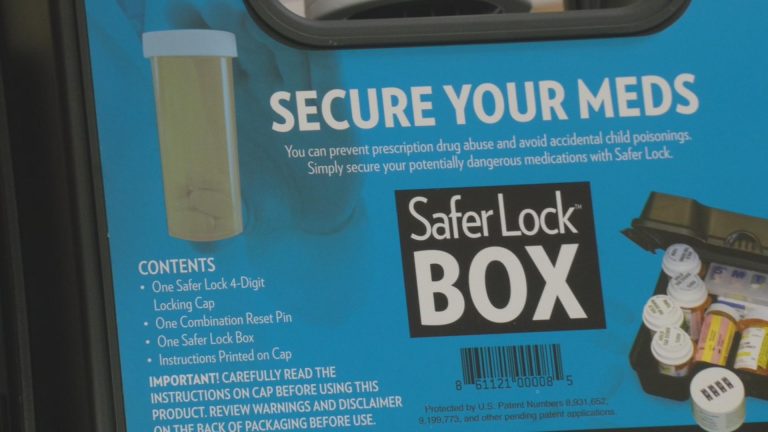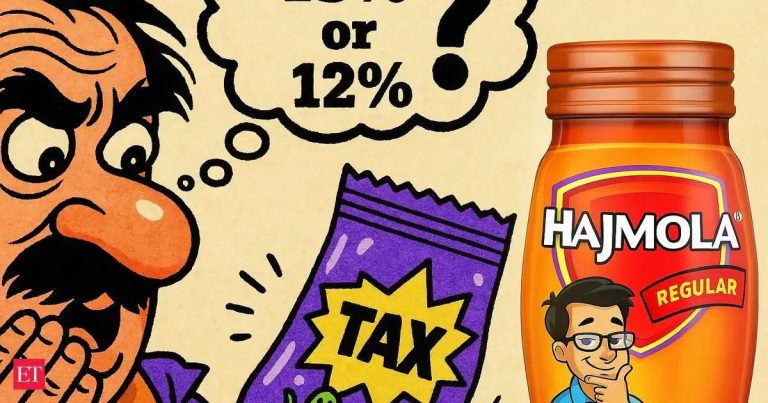
Illinois Pushes Bold Move to Treat Gambling Like Addiction | Image Source: www.wandtv.com
SPRIGFIELD, Illinois, April 7, 2025 – In a movement that could redefine how the public and health systems see addiction to gambling, Illinois legislators unanimously passed a bill to classify compulsive gambling as a substance use disorder. The decision marks a moment of rupture in the public health strategy, with the aim of destigmatizing the state and increasing access to treatment programs at the state level. The bill amends the State Substance Disorder Act to include gambling disorder, a measure that would allow the Illinois Human Services Department (IDHS) to promote prevention, recognition, treatment and community intervention initiatives.
“Gabbling releases dopamine and can quickly move from a fun hobby to a serious subject,” said State Senator Julie Morrison (D- Lake Forest), a law lawyer. His position highlights growing national recognition that the effects of compulsive gambling can reflect those of chemical, social, psychological and neurological addictions. Morrison’s defence echoes a sense shared by many mental health experts: compulsive gambling is not just a bad habit; It is a legitimate medical concern that justifies professional intervention and systemic support.
Why does Illinois reclassify gambling as a substance use disorder?
On its basis, the initiative aims to reform the way society interprets and addresses issues related to gambling. By associating it with substance use disorders, Illinois not only recognizes the emotional and neurological similarities, but also builds infrastructure to support the affected population. According to IDHS, a 2021-state report revealed that 3.8% of Illinois adults were already fighting gambling issues, while another 7.7% were at significant risk. These figures suggest that more than one in ten Illinoisers may be vulnerable to gambling dependence, highlighting the urgency of a public health intervention.
In practice, this reclassification opens the door to a variety of public services. It allows IDHS to allocate resources – including grants – to local organizations that help people with gambling problems. The change also allows these entities to conduct public education campaigns, establish hotlines and develop customized treatment programs developed after those used to recover substance abuse. This is a focus of reactive law enforcement or punitive strategies to a proactive health model based on compassion and community support.
Is gambling really comparable to substance abuse?
This is an issue that policy makers, researchers and the public have been struggling for years. But neuroscience says yes. Both behaviours activate the brain reward system, mainly by releasing dopamine – the chemical associated with pleasure and strengthening. According to the American Psychiatric Association, gambling disorder is already recognized in the DSM-5 (Diagnostic and Statistical Manual of Mental Disorders, Fifth Edition) as a behavioural dependence. Diagnostic criteria for gambling disorder include concern with the game, the need to bet on increasing amounts of money, repeated unsuccessful attempts to stop, and the risk of significant relationships or work opportunities due to the behavior of the game.
These models imitate those observed in substance dependence. Agitation, loss of control, withdrawal symptoms – all present. Dr. Marc Potenza, professor of psychiatry at Yale and a leading researcher in behavioural addiction, stressed that the neurobiological basis of gambling addiction closely reflects that of addiction. The key difference? There is no chemical ingestion, but the psychological and physiological responses are surprisingly similar.
How will this bill affect Illinois residents?
If the bill is signed by law, Illinois residents who fight gambling addiction will see a significant expansion of services. Treatment centres currently focusing on substance abuse are likely to begin providing specialized services on gambling issues. This includes therapy sessions, support groups and possibly institutional care. For many, this could be the first opportunity to access affordable or state-supported treatment that deals directly with gambling.
In addition, this policy change could encourage more people to seek help. As Senator Morrison pointed out, the classification of gambling addiction as a health problem rather than a moral failure eliminates stigma. This is a crucial factor in encouraging people to move forward. As she said:
“It is important that a system of care exists to help people without trial while recovering
Beyond individuals, the bill affects families, communities and even employers. Family members of problem players often experience financial stress, emotional trauma and strained relationships. Community organizations will now have more tools to address these maturation effects, such as financial advice, mental health support and addiction education in schools.
Why now? The growing relevance of gambling dependency
This legislative effort is not taking place in a vacuum. Over the past decade, access to the game in Illinois has expanded considerably. From the increase in online sports bets to slot machines in service stations, betting possibilities are everywhere. While increased accessibility has boosted government revenues, it has also contributed to increasing public health concerns. The VOCID-19 pandemic further exacerbates this trend. Isolated at home and faced with anxiety, many people use online gaming platforms, sometimes as a coping mechanism. The increase in problematic gambling behaviour during this period was not unique in Illinois, but was observed nationally.
“We have seen a cultural normalization of the game,” said a clinical psychologist specializing in substance abuse counselling, “but the consequences remain insufficient. Illinois’s new bill challenges this standardization by introducing accountability and support structures. It shifts the objective of occasional leisure to careful regulation, especially when risks exceed spiral entertainment.
And then what?
Now that the Illinois Senate has passed the bill unanimously, it is referred to the House for consideration. In view of the bipartite support it has received so far, the experts plan a smooth step. Once passed, the Illinois Department of Social Services will be responsible for implementing the provisions of the bill. This includes granting grants, developing public awareness initiatives, and integrating substance abuse services into existing treatment frameworks.
However, implementation will not be without challenges. Funding remains a persistent barrier to public health initiatives. Even with new legislative support, ensuring adequate budgets, trained staff and infrastructure will require continued political and community commitment. However, unanimous support for the Senate indicates a rare political consensus: the health and well-being of residents must take precedence over the economic benefits of gambling income.
How can individuals get help now?
Although the bill is awaiting further legislative action, resources are already available for the fighting. The IDHS offers a range of support for gambling addiction, and several not-for-profit organizations in Illinois specialize in behavioural dependencies. Community health centres also offer inexpensive treatment options. Residents are encouraged to contact their primary care providers or visit the HMI website for information on how to start treatment.
For those who are not sure if they or a loved one may have a gambling problem, here are some red flags:
- Gambling more money or more often than intended
- Lying about gambling habits
- Borrowing money to gamble
- Neglecting responsibilities or relationships due to gambling
- Feeling anxious or irritable when not gambling
Recognizing the problem is the first step. Looking for help, this is what follows – and with this bill, Illinois is laying the foundation for making this step easier, more accessible and more compassionate.
As WCIA, WAND-TV and Yogonet have stated, the text of the bill is publicly available on the Illinois General Assembly website for anyone interested in the details.
As Senator Morrison said:
“By recognizing gambling disorder as a health problem, we are building barriers to treatment and recovery
And with that, Illinois not only adjusts its laws – it changes lives, one policy at a time.






